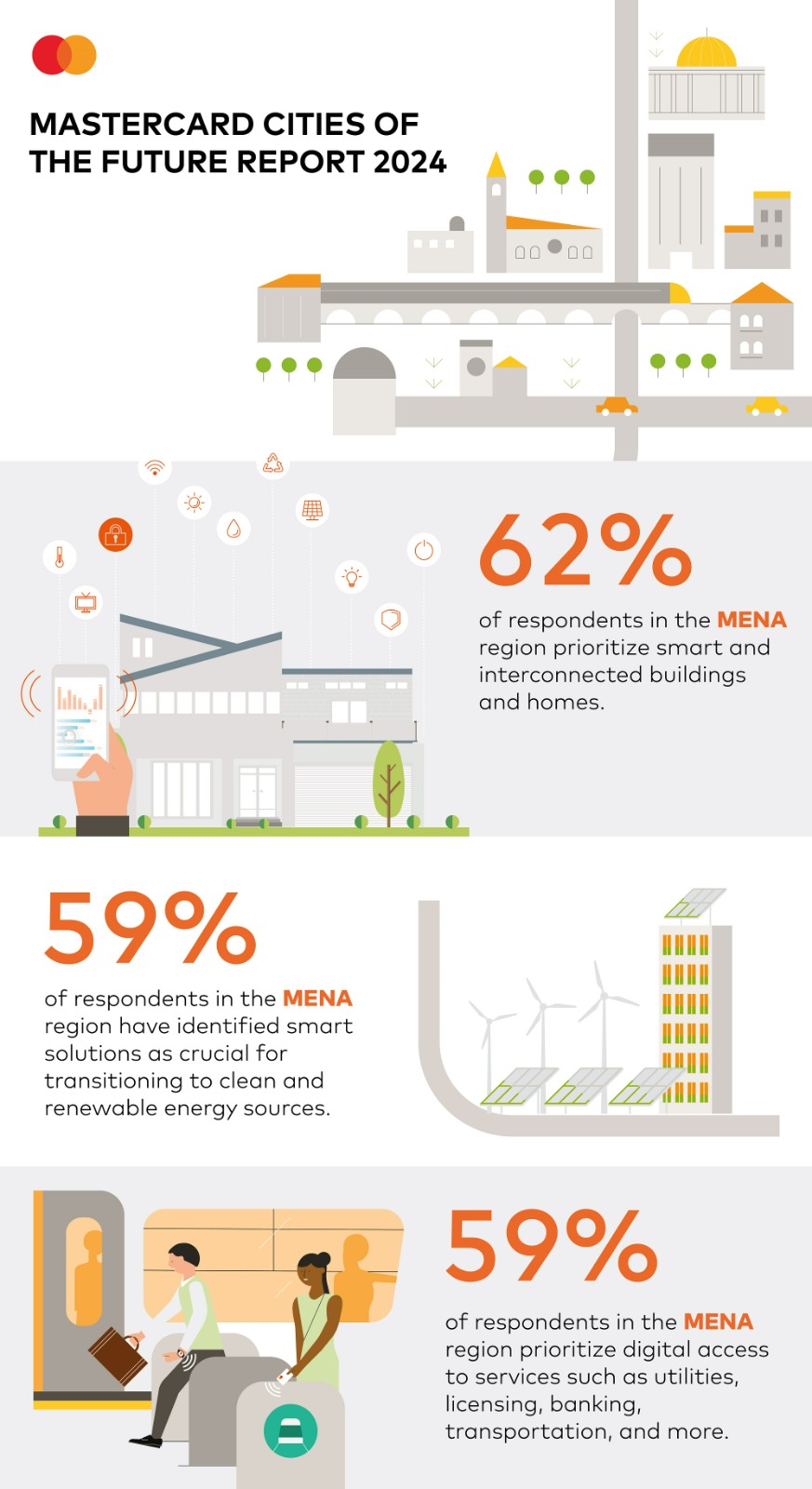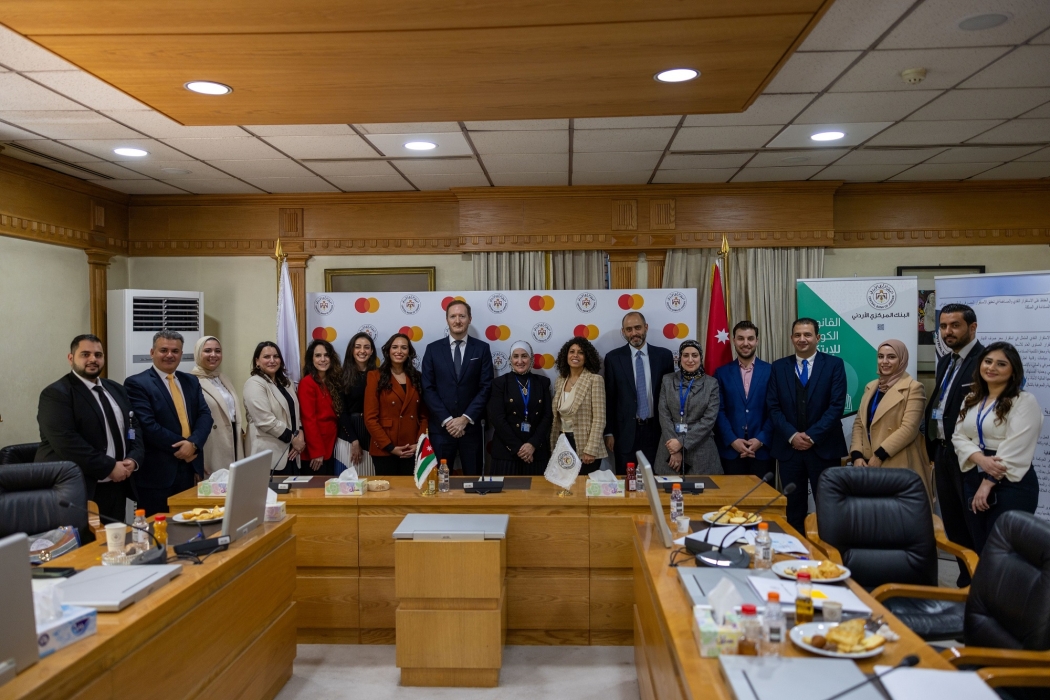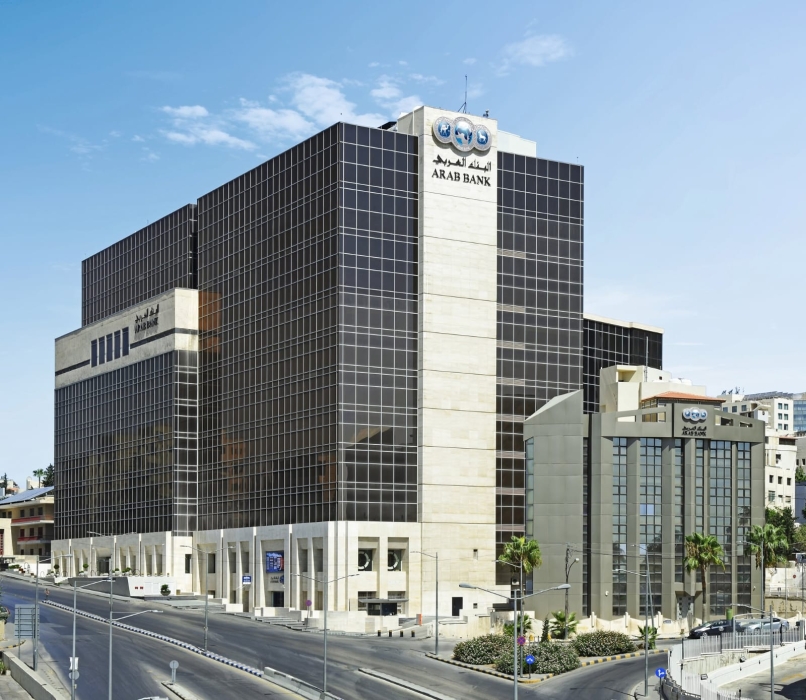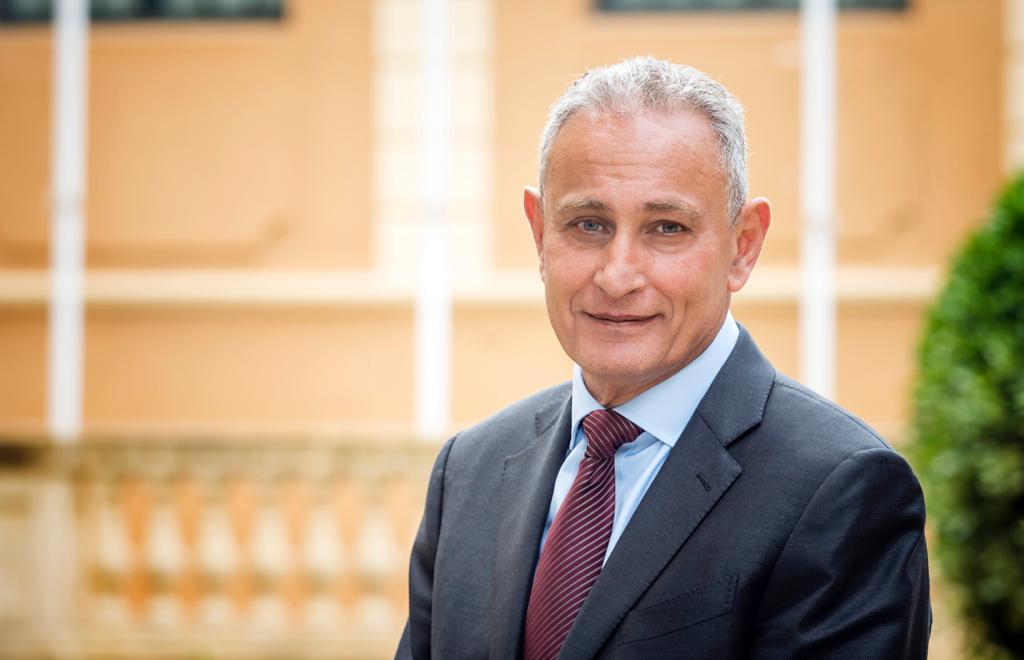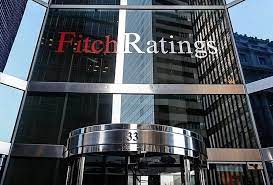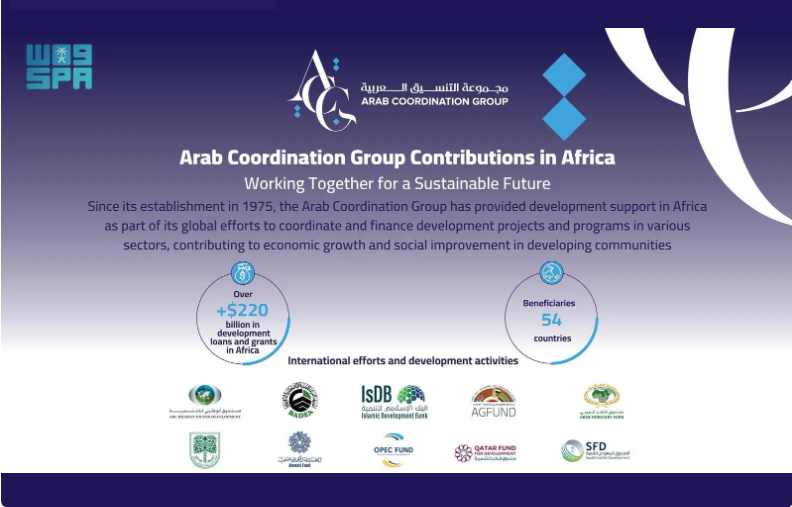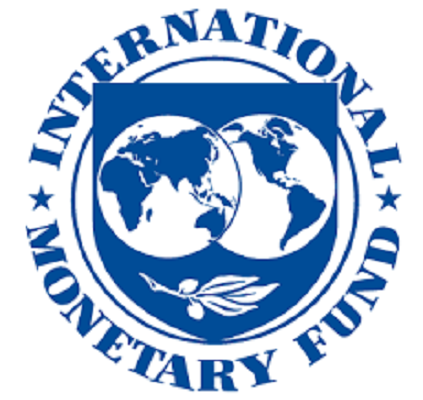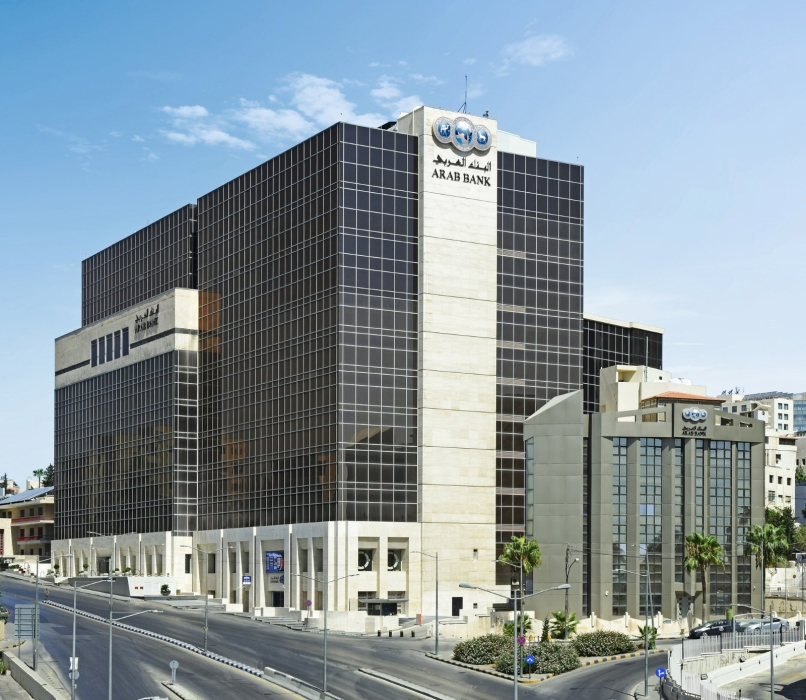Solving the dilemma of the national economy between Gulf Aid and arranging internal housing
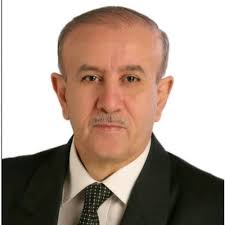
Al-Anbat -
Al-Anbat -Saba Sukar
Translated by: Lima Zeitawi
At the Mecca summit in 2018, Saudi Arabia, Kuwait, and the United Arab Emirates pledged to assist the Kingdom in overcoming its economic crisis, with the aid package totaling approximately $ 2.5 billion over five years. The aid came in the form of a deposit in the Central Bank, as well as guarantees to the World Bank that allow the Kingdom to borrow and finance development projects, and annual support for the government budget.
For his part, economist Husam Ayesh stated that Gulf grants have become conditional, despite the fact that the positive side of this is seeing projects whose impact is felt by citizens in terms of employment and revenue, as well as whose reflection on the growth of the economy and improving its productivity, pointing out that in some cases there has become arbitrariness in the requirement for the existence of these projects in the form determined by the Gulf party, which has created uncertainty.
He pointed out that this economic model must enshrine the concept of productivity and work to raise economic performance, while leading to sustainable growth for the next 5-10 years at a minimum, and that this growth should be at a minimum of 6% in order to have the desired effect, indicating that it calls for programs, priorities and policies that differ greatly from what is currently being implemented.
In the same regard, Ayesh indicated that the remittances of Jordanian expatriates working in the Gulf countries do not constitute 10% of the added value of the economy from investment, business, spending, and consumption in these countries, indicating that the return to the Kingdom from the presence of Jordanians in the Gulf countries should be more than the remittances of its expatriates.
Ayesh pointed out that the Jordanian-Gulf cooperation to shift towards a more effective economic model capable of dealing with current events, and more flexible in the face of various political and economic turmoil, will be feasible, pointing out that the Gulf countries must support the Kingdom automatically and continuously and not seasonally waiting for a problem to support it, believing in Jordan's real role and not selectively for the problems that occur as a result of emergency events in the country.
He went on to say that it is inconceivable that the United States is the Kingdom's permanent and stable donor, while the Gulf countries range from stopping or setting conditions for this aid, which may sometimes be for a valuable economic benefit, but to object to assistance, legalize it, or link it to some external situations.
He hoped that the Gulf countries would have a fund to support the Arab countries that are unable to face the repercussions of high oil prices, especially at the present time, whose income has increased exponentially from what has passed throughout history since its inception in oil production, wondering why the Gulf support for the country in this aspect is not through non-interim energy projects, which the Kingdom and the Gulf countries can benefit from, perhaps turning Jordan into a regional energy center for the benefit of these countries.
Ayesh, on the other hand, explained that the Kingdom is facing huge economic problems that require not only grants and aid but also internal solutions, in the form of arranging the local economic house, which is clear that all the reform and development that is being carried out on it is useless in finding radical solutions to the problems of the economy, which is represented by the consumer economy, in which the volume of waste is large while the cforward in developing economic plans and strategies while overlooking infrastructure, indicating that there is no return on an improvement in the citizen's standard of living or an increase in income rates, necessitating a new economic model.
He went on to say that the state cannot continue to exist at the expense of taxes that strain the economy; on the other hand, citizens and investors must bear burdens that have grown greater than their ability to bear them, while indebtedness consumes approximately 18% to 20% of local revenues collected at many costs borne by the economy.
It is worth mentioning that this year is the last for the Gulf deposit in helping the Kingdom solve its economic crisis.
